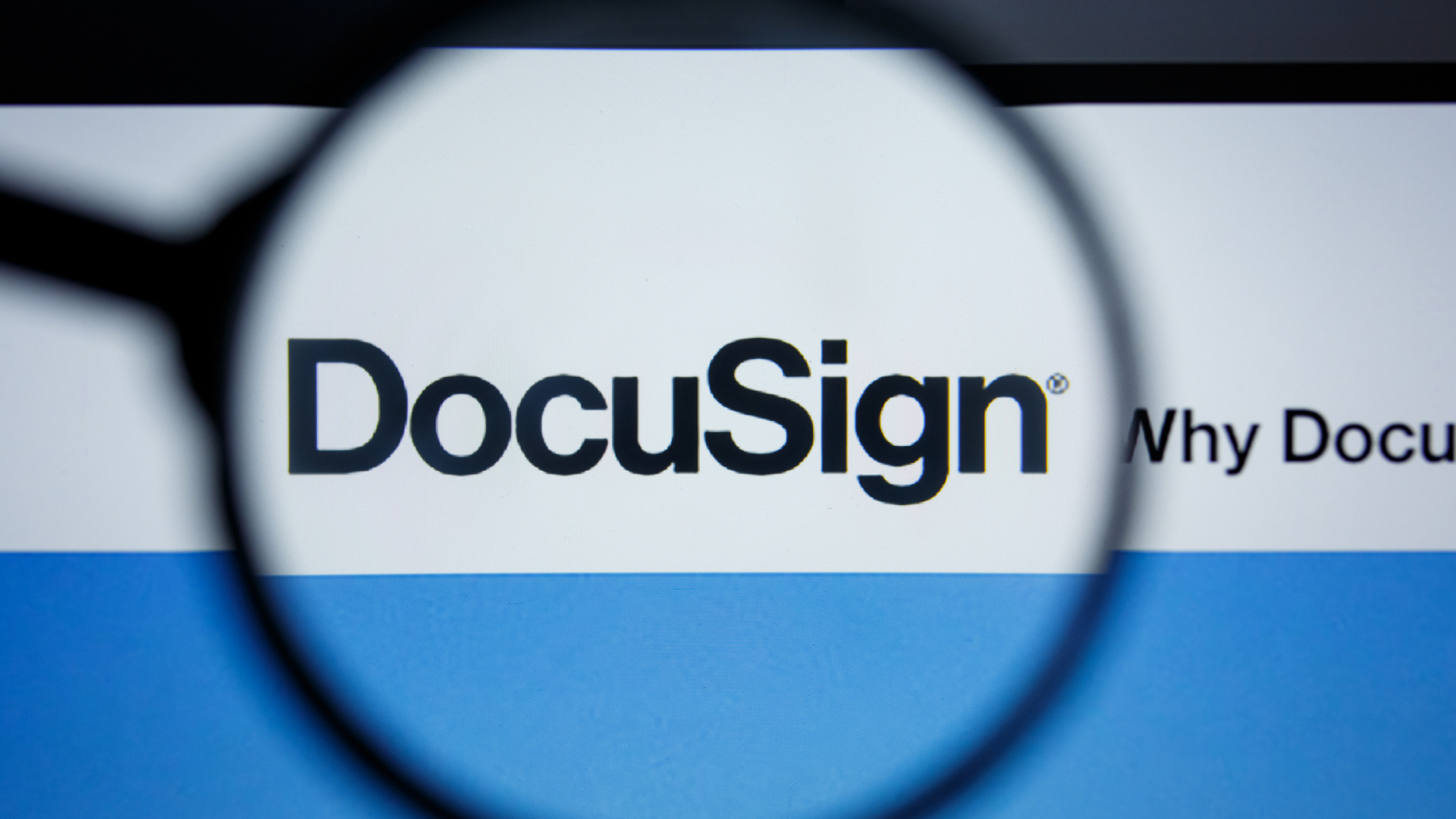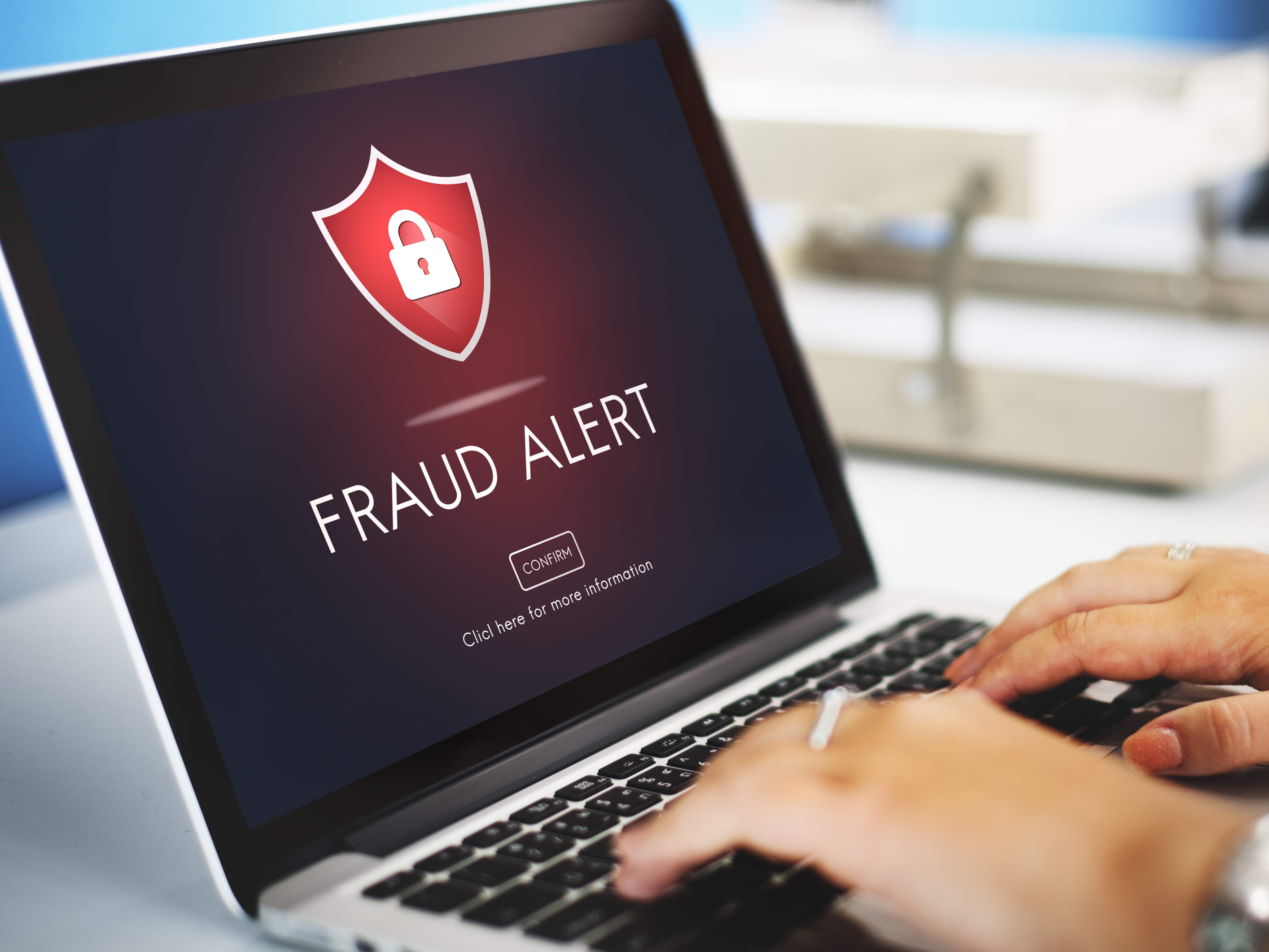Microsoft launches fraud alert service
Microsoft's new Internet Fraud Alert offering will help bridge the gap between security researchers and companies hit by attacks.


Microsoft has launched a new Internet Fraud Alert service that will quickly inform businesses when details from the firm have been accessed without authorisation.
The alert service is available immediately, with Microsoft claiming it is an industry first. According to the Redmond giant, there has never been a simple way for security researchers to inform service providers or affected companies when an attack hits.
The Internet Fraud Alerts will be effective in allowing researchers to report stolen data, such as credit card information or login details, directly to the organisation running the account, the tech giant said.
Microsoft has now donated the new tool to the National Cyber-Forensics and Training Alliance (NCFTA), a non-profit organisation that seeks to unite industry, law enforcement and the academic world on cyber security issues.
"The NCFTA is honored to manage this one-ofa-kind program as it is vital to the interests of our partners and consistent with our mission. This program will enable the expeditious identification of current and emerging threats, which is key to the mitigation of compromised data," said president and chief executive of the NCFTA Ron Plesco, in a statement.
Microsoft has hooked up with a number of other big names for the project, including the Anti-Phishing Working Group, eBay and the Federal Trade Commission (FTC).
"Internet Fraud Alert is a promising and innovative approach to help financial and online institutions discover hijacked accounts and close them or inform the affected consumers," added Chuck Harwood, deputy director of the FTC.
Get the ITPro daily newsletter
Sign up today and you will receive a free copy of our Future Focus 2025 report - the leading guidance on AI, cybersecurity and other IT challenges as per 700+ senior executives
"We hope that someday there won't be a need for a secure database of stolen account credentials."
The news comes just days after a British security researcher discovered a zero-day flaw in Microsoft's Windows XP operating system, which could have allowed hackers to take control of PCs.
Tom Brewster is currently an associate editor at Forbes and an award-winning journalist who covers cyber security, surveillance, and privacy. Starting his career at ITPro as a staff writer and working up to a senior staff writer role, Tom has been covering the tech industry for more than ten years and is considered one of the leading journalists in his specialism.
He is a proud alum of the University of Sheffield where he secured an undergraduate degree in English Literature before undertaking a certification from General Assembly in web development.
-
 Cleo attack victim list grows as Hertz confirms customer data stolen
Cleo attack victim list grows as Hertz confirms customer data stolenNews Hertz has confirmed it suffered a data breach as a result of the Cleo zero-day vulnerability in late 2024, with the car rental giant warning that customer data was stolen.
By Ross Kelly
-
 Lateral moves in tech: Why leaders should support employee mobility
Lateral moves in tech: Why leaders should support employee mobilityIn-depth Encouraging staff to switch roles can have long-term benefits for skills in the tech sector
By Keri Allan
-
 FTC orders Uber-owned Drizly to improve "lax" data protection approach following 2020 breach
FTC orders Uber-owned Drizly to improve "lax" data protection approach following 2020 breachNews The Uber subsidiary has been hit with an FTC complaint, as the agency looks to send a message to the wider industry
By Rory Bathgate
-
 FBI warns scammers are using cryptocurrency ATMs to siphon cash
FBI warns scammers are using cryptocurrency ATMs to siphon cashNews Criminals will stay on phone with victims as they make payments, says advisory
By Danny Bradbury
-
 Hackers fake DocuSign and offer fraudulent signing methods
Hackers fake DocuSign and offer fraudulent signing methodsNews Criminals impersonate the e-signing company to steal credentials
By Rene Millman
-
 Account takeovers rise nearly threefold during pandemic
Account takeovers rise nearly threefold during pandemicNews Financial services hit hardest by account hijackers, says Sift report
By Danny Bradbury
-
 Cyber criminals leak one million credit cards on the dark web
Cyber criminals leak one million credit cards on the dark webNews Among the stolen hoard are customer details from US and Canadian banks
By Rene Millman
-
 SentiLink raises $70 million for its identity verification platform
SentiLink raises $70 million for its identity verification platformNews SentiLink’s ID Theft Score helps businesses combat synthetic fraud
By Praharsha Anand
-
 Content fraud levels continue to rise in 2021
Content fraud levels continue to rise in 2021News The pandemic has ushered in a new level of scams and misinformation
By Danny Bradbury
-
 What is DMARC and how can it improve your email security?
What is DMARC and how can it improve your email security?In-depth Protect your customers and brand rep with this email authentication protocol for domain spoofing
By Gabriella Buckner